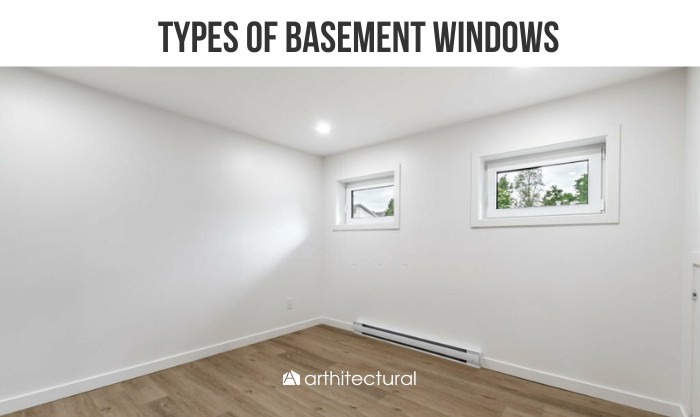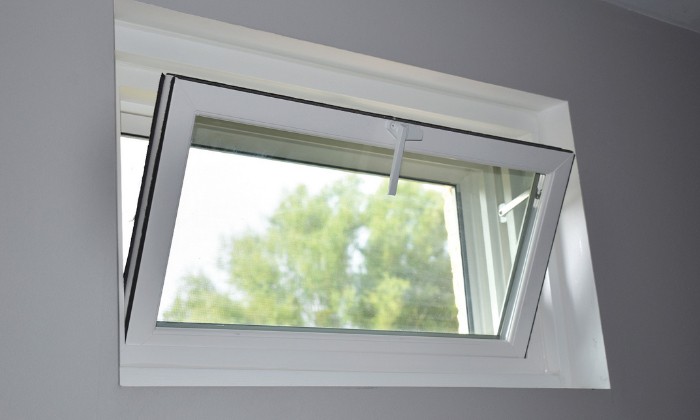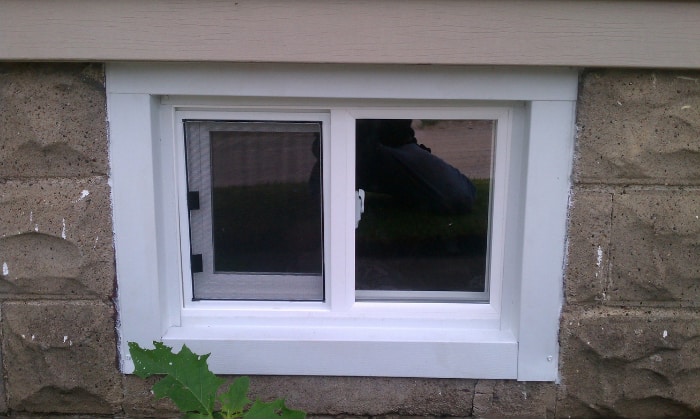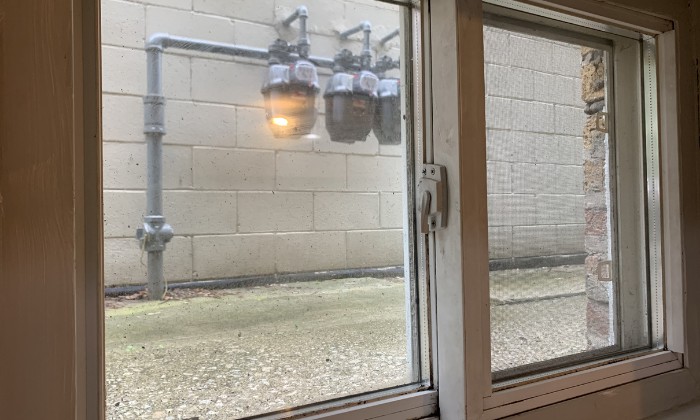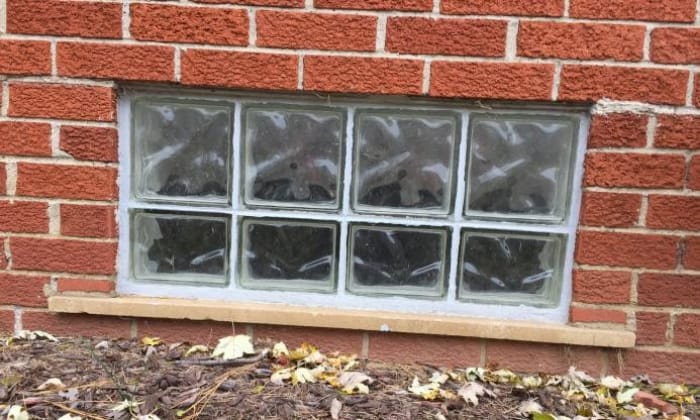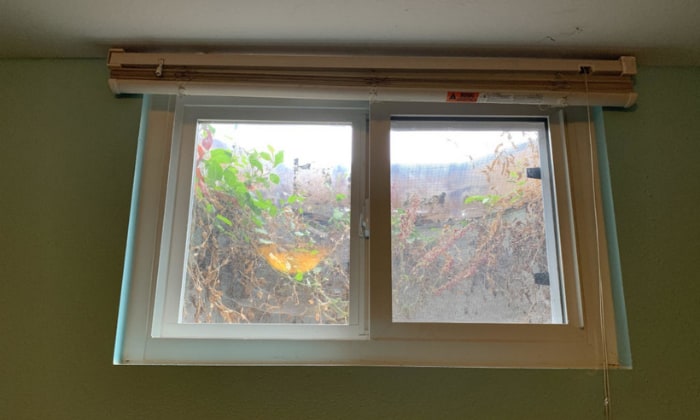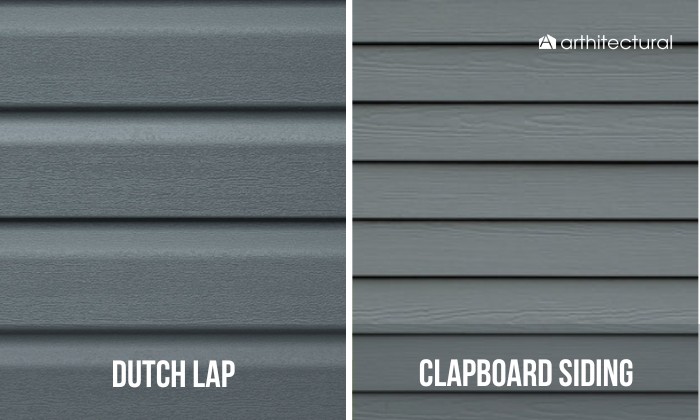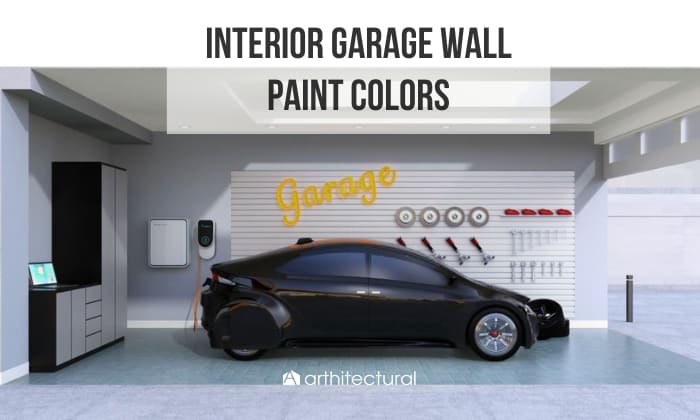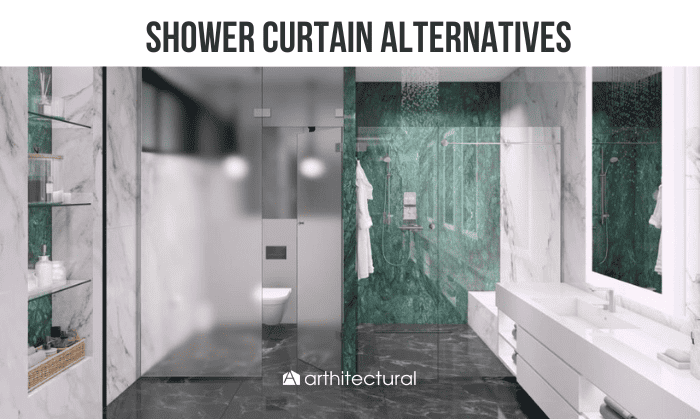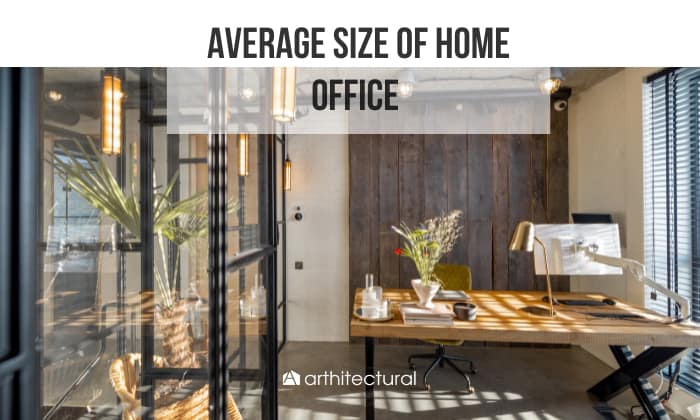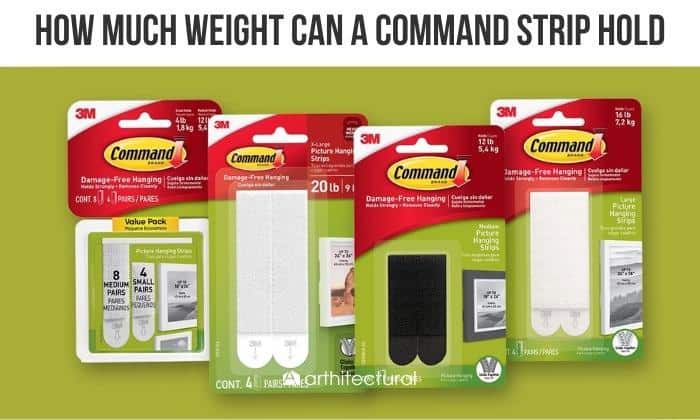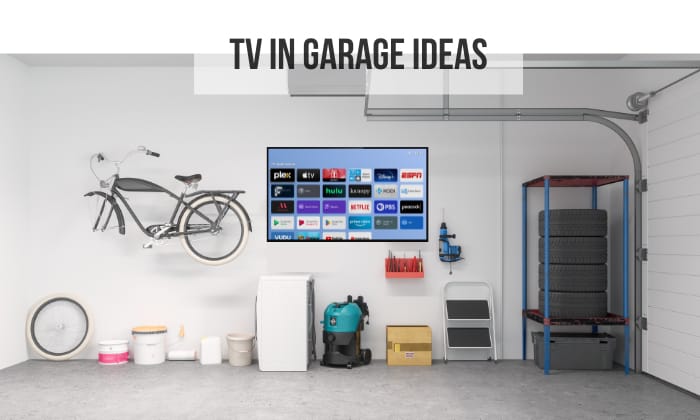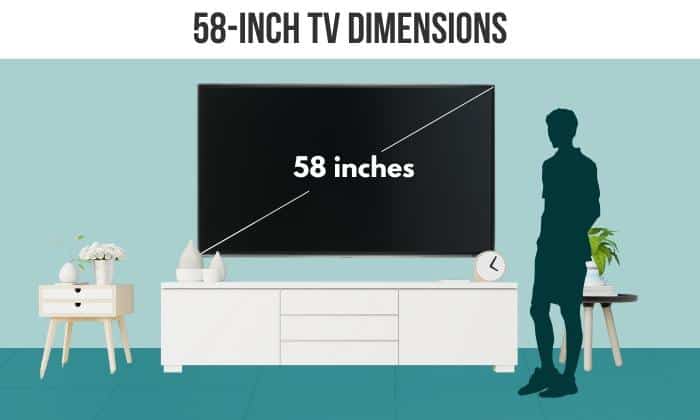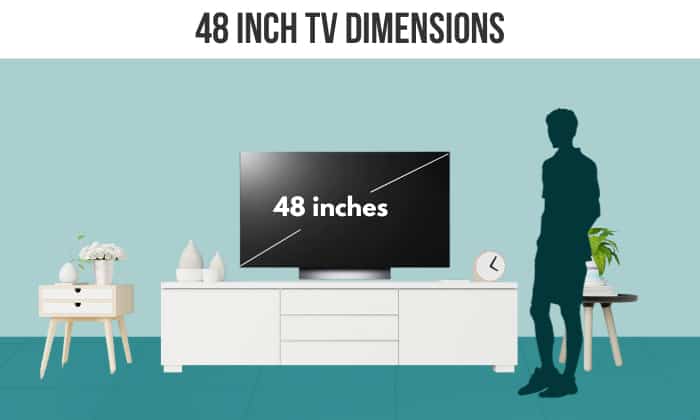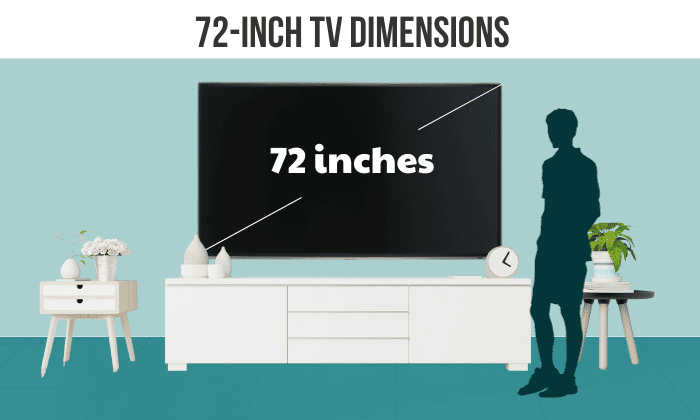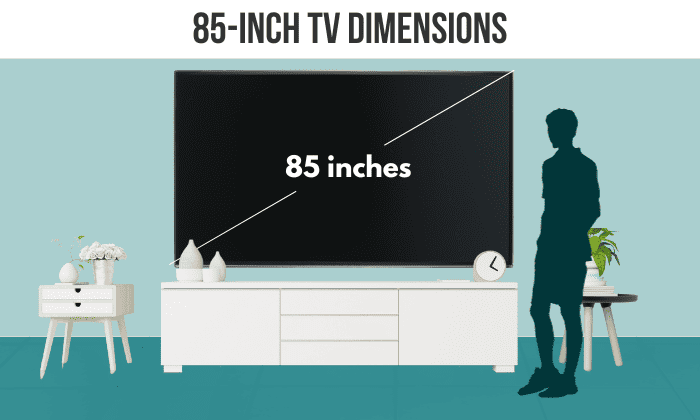Did you know that your basement, if used as a habitable area or bigger than 200 sq. ft., is supposed to have at least one 5.7-square-foot Egress window as an emergency exit? So, unless you’re only using the place for storage, it’s best to learn the different types of basement windows.
With ventilation and ease of escaping during emergencies taken into account, thetop choice of basement window styles are awning, hopper, casement, and sliding windows.
That said, there are other options for you to explore. Find out more below.
Table of Contents
Best Rated Windows for Basements
1. Awning
Awning windows are characterized by how they have hinges on top and can be opened by pushing the bottom outward. Due to their design, these windows are excellent for ventilation, letting in sunlight, and serve as an ideal emergency exit.
Unlike their variant – hopper, awning windows aren’t affected by inclement weather, except during heavy rains when water can splash in. As the cherry on the top of the cake, these styles are incredibly energy-efficient as well.
2. Hopper
Imagine an awning window upside-down – that’s basically how a hopper looks. To be more specific, this design includes hinges at the bottom; to open them, you’ll need to tilt their top outward.
One aspect that hopper basement windows have the upper hand over their awning variants is ventilation, especially when placed higher up. However, as you can see from their inward-sloping design, they will let the rain in.
3. Casement
Also known as crank windows, casement styles typically come rectangular. It’s one of the best basement window options, considering how you can fully swing it open, which is also why it’s usually reserved for above-ground basements.
That said, you can opt for in-swinging casement windows, especially if your top priority is an obstruction-free egress – just make sure not to install the casement near the wall, which will prevent you from fully opening the window panel.
When closed, casement windows are energy-efficient, even more so than awing ones. This, combined with the fact that they allow a full view of the outside, means it’s no surprise they can boost your home’s resale values.
4. Slider windows
If you don’t have enough space for windows with outward- or inward-swinging panels, sliders (also known as gliders) are your best option. Since these are installed on a sliding track, you’ll only need to glide them to one side to open them.
Similar to casement styles, gliders offer a clear view of the outside world, let in plenty of natural light, and improve your basement’s ventilation. Despite their simple design, they can be safely locked for security.
5. Glass block windows
Glass block windows are ideal for people who like to flood their basement with light but do not want to sacrifice their privacy. Compared to other options, they’re also more secure, as they’re fixed in place and tough to be broken by sheer force.
Obviously, they don’t do well as egress, so you can install them as small basement windows aside from openable ones that are big enough to serve as emergency exits.
6. Picture windows
Picture windows are similar to glass block ones in that they’re both fixed in place. However, the former is a seamless glass panel that can offer an unobstructed view of the outdoors.
Again, since they can’t be considered an egress, it doesn’t really matter what window sizes or shapes they are.
Tips for Picking Out Basement Windows
Whether you’re considering a basement window replacement or installing a brand-new one, here are some factors to keep in mind:
- When it comes to optimal ventilation, you should place your window downwind.
That said, don’t forget to consider other factors, such as whether the position has enough clearance to open the window if you pick types with swinging panels.
- If you don’t want to sacrifice your privacy and natural light, frosted or opaque glass can be a great alternative.
- Pick window styles that match or complement your home for a harmonious design scheme. As an example, glass block windows best suit contemporary
- When installing a window as an egress, it must be at least7 square feet, as the IRC dictates.
Conclusion
To conclude, when selecting types of basement windows, you need to pay attention to their size, ventilation capability, energy efficiency, transparency, security, and design style.
By carefully considering your needs and preferences and each window type’s characteristics, you’ll be able to find the one that best suits your home.

As a 3-year architect, my integral tasks have always created beautiful pre-design for many construction projects. I have been a part of the process of designing, planning, and developing buildings. And to bring such experiences into establishing Arthitectural is another dream comes true.


